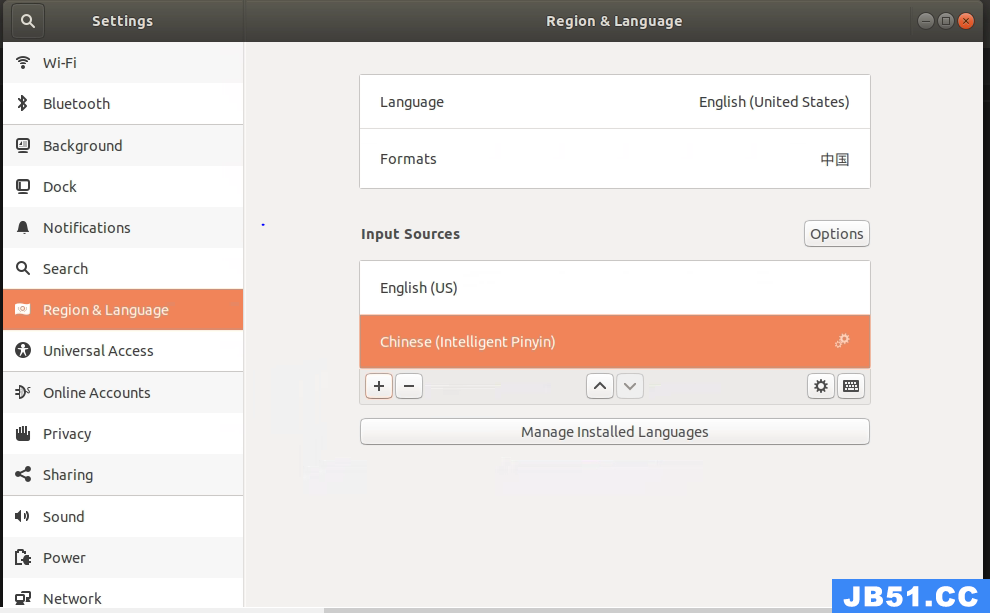Ubuntu 13.10 64服务器,从13.04升级一次后 – > 13.10然后尝试13.10 – > 14.04.我有一个瞬态网络故障下载14.04的包列表一次停止了该过程,尝试重新启动该过程导致以下结果
root@server:~# do-release-upgrade -d Checking for a new Ubuntu release Get:1 Upgrade tool signature [198 B] Get:2 Upgrade tool [1,148 kB] Fetched 1,148 kB in 0s (0 B/s) authenticate 'trusty.tar.gz' against 'trusty.tar.gz.gpg' gpg exited 2 Debug information: gpg: fatal: can't open fd 6 for status output: Bad file descriptor secmem usage: 0/0 bytes in 0/0 blocks of pool 0/0 Authentication Failed Authenticating the upgrade Failed. There may be a problem with the network or with the server.
如何重新启动do-release-upgrade过程?
更新:
root@server:~# lsb_release -a No LSB modules are available. distributor ID: Ubuntu Description: Ubuntu 13.10 Release: 13.10 Codename: saucy
这个答案几乎是偏离主题的,但这是我一直在想的东西.
每次我升级Debian或它的一些派生词,比如Ubuntu或Mint,我就是这么做的
sed -i -e 's/olddistroname/newdistroname/g' /etc/apt/sources.list apt-get update && apt-get dist-upgrade reboot
然后我喜欢我刚刚发布的新发行版.
这一直对我有用.所有这些释放升级的喧嚣使我成为一个非常困惑,愤怒,老胡子.
所以我的子问题是:如果它们甚至不起作用,那些do-release-upgrade样式命令的好处是什么?经过验证的工作方式出了什么问题? (apt-get与aptitude是另一场我正试图消化的战斗)




